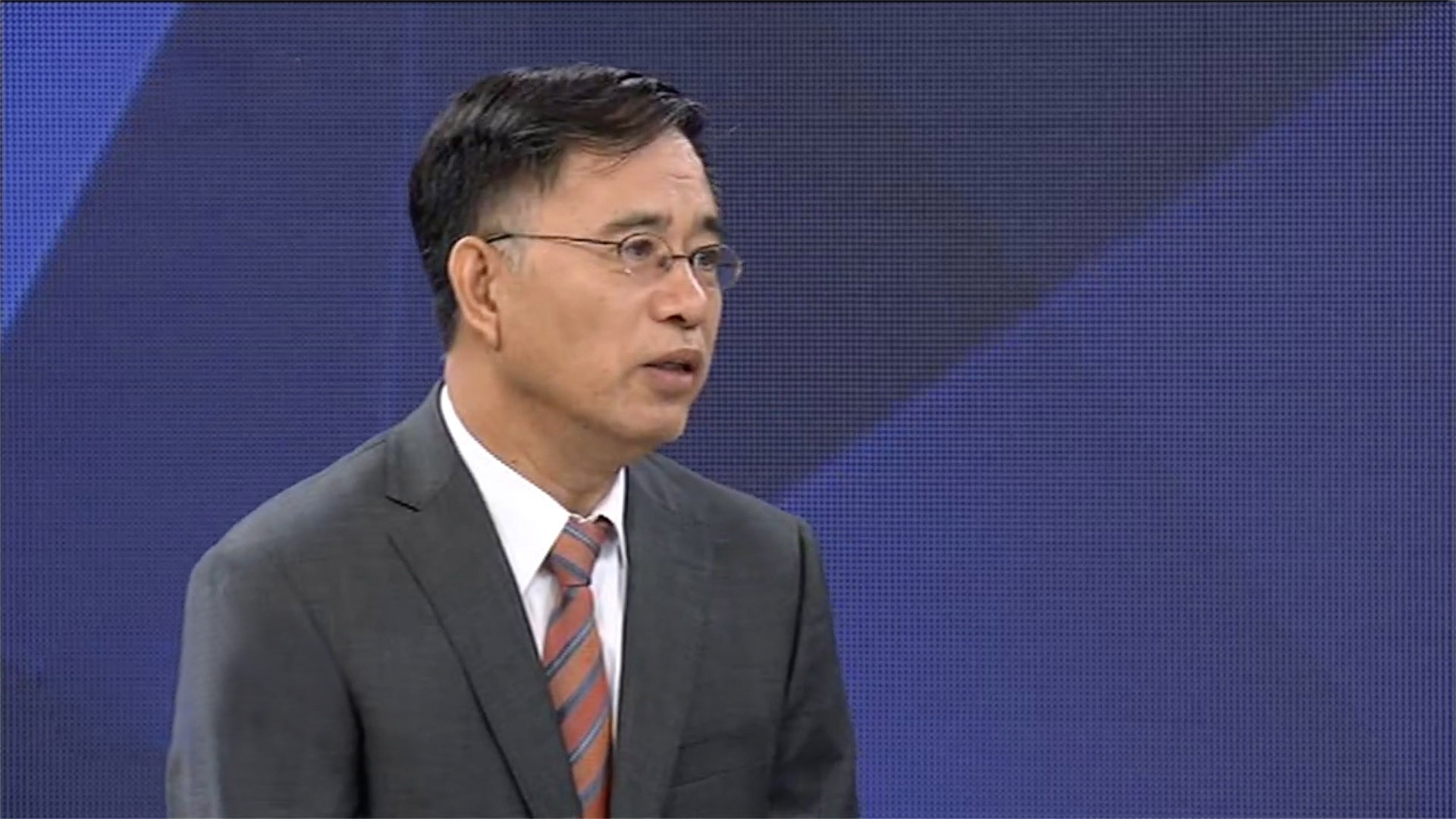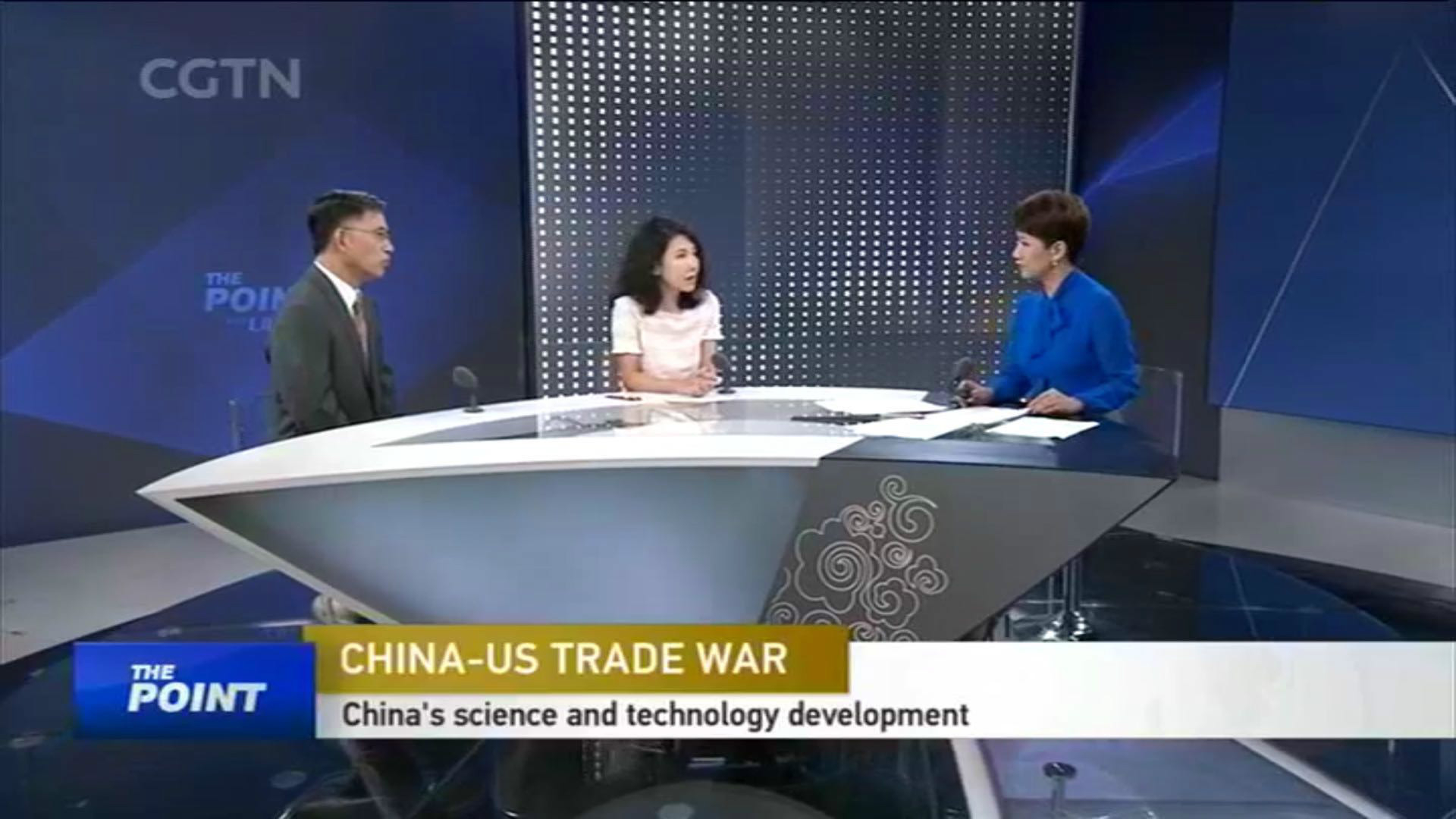
Opinions
18:11, 20-Jul-2018
Is China really 'forcing' technology transfer from foreign companies?
Updated
17:37, 23-Jul-2018
CGTN’s The Point
01:36

“I am a PhD in business law. Actually, I checked all around in every corner of all the pieces of [Chinese] government’s regulations, laws etc. (and) I haven’t really found one single article that forces any multinationals to surrender their technology to China,” said Professor Liu Baocheng of the University of International Business and Economics.
Despite this fact, the accusations from Western media about China’s “forced technology transfer” have never stopped.
The US think tank Information Technology and Innovation Foundation recently released a report in which its president Robert Atkinson reviewed China's statement on US tariffs on Chinese goods, and accused China of practicing “forced technology transfers” on foreign companies and working to limit US imports, including semiconductors.
“Technology is nothing more than a commodity. It has commercial value… Also, technology has a limited life cycle. If you really put it on the shelf, it isn’t worth a penny, only if you put it into practice and translate it into US dollars…[otherwise] you don’t get anything,” Liu explained.

CGTN's The Point with Liu Xin.
CGTN's The Point with Liu Xin.
“So China offered the opportunity for many multinational companies to realize a better value of their technology.”
The report conveniently neglects the fact that the US has conducted a technology blockade on China and prevented Chinese technological companies, including Huawei, from entering the American market.
But statistics speak louder than words, as Liu mentioned. “Fifteen years ago when China joined the WTO, it paid roughly 2 billion (US dollars) for the technology transferred to China, but last year, China paid nearly 30 billion for technology transfers, ranking it the 4th largest payer in the world for technology licenses into China,” he said.
“It clearly shows that China is respecting intellectual property and contributing to the commercialization of intellectual property.”

SITEMAP
Copyright © 2018 CGTN. Beijing ICP prepared NO.16065310-3
Copyright © 2018 CGTN. Beijing ICP prepared NO.16065310-3